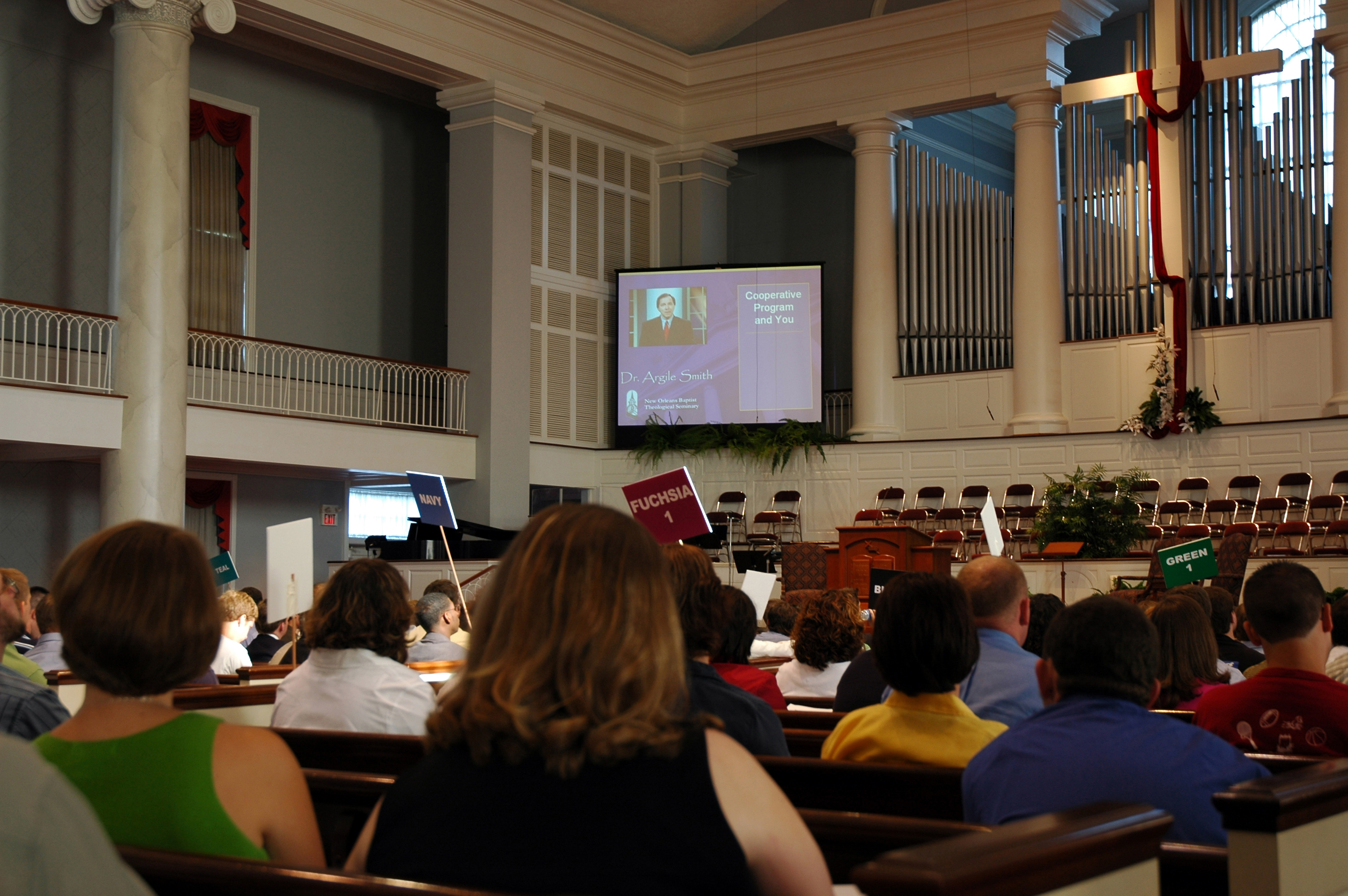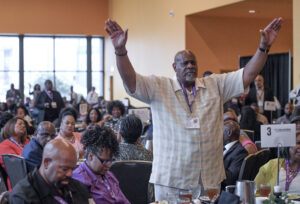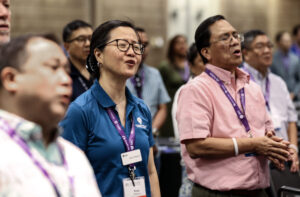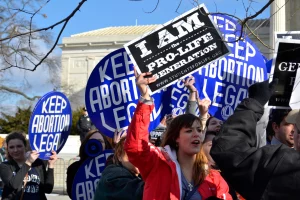
NEW ORLEANS (BP)–New Orleans Baptist Theological Seminary has launched a new initiative to promote and strengthen the Cooperative Program (CP) of the Southern Baptist Convention.
During the seminary’s mid-August student orientation, 189 new master’s-level students enrolled in a required course that details the history of NOBTS, the SBC and the CP, also known as CP Missions. Special attention is given to the 12 SBC entities and how each entity benefits from the $180-plus million given to the SBC through local church members and state conventions each year. Students also learn how the CP provides significant funding for Southern Baptist missions and ministry endeavors throughout the world.
“The Cooperative Program is both the lifeline and glue of the Southern Baptist Convention,” NOBTS President Chuck Kelley said. “It is the lifeline that makes the ministry of all the entities possible. It is the glue that holds the local church, the state conventions and the national convention together so that Southern Baptists maintain a common identity and mission in spite of our great diversity.
“We want every student to leave the seminary with a strong sense of their Southern Baptist identity and a passionate commitment to participation in the Cooperative Program,” Kelley continued. “We hope to raise up a generation of students who will one day take CP to higher levels of support than ever before. We are delighted to partner with the Executive Committee in this project to pass the Cooperative Program torch to the next generation of SBC leaders.”
Jerry N. Barlow, dean of graduate studies at NOBTS, facilitated the creation of the CD-based course that utilizes video, graphics and text to create a self-guided learning experience. Along with the CD, students received a folder of informational material including “Meet Southern Baptists,” “The Southern Baptist Convention: A Closer Look” and “We Thought You’d Like to Know” supplied by the SBC Executive Committee as well as a synopsis of how the CP impacts individual students.
Students were allotted just over two weeks to complete the course by passing a final examination. The course final will be administered by the seminary’s Blackboard electronic learning website.
“We thought that having a required core curriculum course which addressed all of the aspects in a total picture would be helpful to all entering graduate students,” Barlow said. “Not only would the course orient new students to NOBTS, but it would give them greater understanding and appreciation of the history, operation and theological distinctives of our denomination — and also prepare them better to serve in our churches and entities.”
In 2003 the SBC Funding Study Committee, a group charged with assessing the financial needs of the SBC and its entities, identified the need for core seminary training in SBC polity, organization and the role of the Cooperative Program, Barlow said. The new course will address much of this need.
“The course is a first for us in its method of presentation through media and print resources in such a dynamic and appealing fashion,” Barlow said. “The course will have an added benefit of being able to inform and educate churches about the SBC and the Cooperative Program -– and we are excited about that.”
Stan Norman, associate professor of theology, occupying the Cooperative Program chair of SBC studies, told the new NOBTS students, “You are already reaping the great benefits from the sacrifices and the contributions of Southern Baptists made through the Cooperative Program.”
The CP provides approximately 50 percent of each graduate student’s tuition at the seminary, Norman noted. He encouraged the students to continue the legacy of giving by promoting the CP in the churches and ministries they lead.
Argile Smith, professor of pastoral ministry and chairperson for the division of pastoral ministries, hosts the video training portion of the CD which includes detailed explanations of the SBC annual meeting and the CP giving process. Drawing on his years of experience in pastoral ministry, Smith encourages the current and future pastors and church leaders taking the course to actively educate their churches about the CP as well.
In addition to the master’s students on the main campus, graduate students at the seminary’s extension centers will take the course at a later date. The 16 new students in the master of theology, doctor of philosophy and doctor of musical arts programs this fall will complete a similar CP education course during their orientation next spring.
–30–















